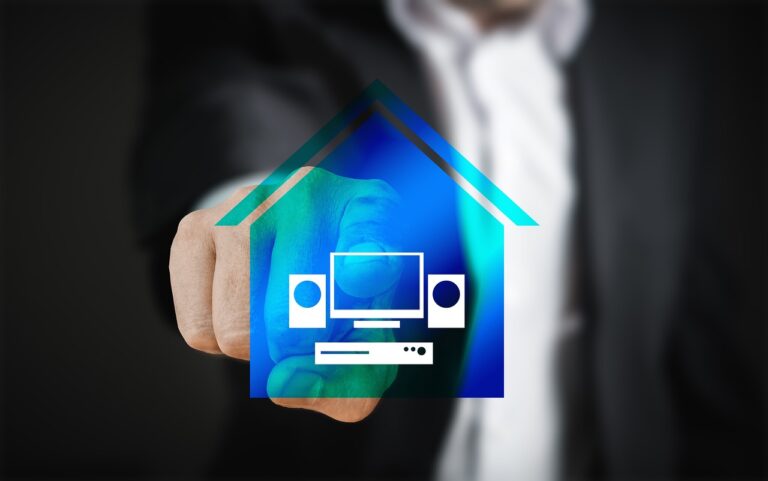The Benefits of Home Energy Audits: Identifying Efficiency Opportunities
A home energy audit is a beneficial step in understanding and optimizing your household’s energy consumption. By conducting an audit, you can gain insights into how energy is being used within your living space. This knowledge empowers you to make informed decisions on how to make your home more energy-efficient, potentially resulting in cost savings and environmental benefits.
Furthermore, a home energy audit can help pinpoint areas where energy is being wasted or lost. This is particularly important in older homes that may lack updated energy-saving features. By identifying these energy inefficiencies, you can take targeted actions to improve your home’s energy performance, creating a more comfortable and sustainable living environment for you and your family.
Understanding Your Energy Usage
Understanding your energy usage is crucial in optimizing the efficiency of your home. One way to gain insights into your consumption patterns is by reviewing your utility bills regularly. By tracking variations in energy usage throughout the year, you can pinpoint trends and identify potential areas for improvement.
Another helpful tool for understanding your energy usage is utilizing a smart meter. Smart meters provide real-time data on your electricity consumption, offering a more accurate overview of your energy usage habits. By analyzing this data, you can make informed decisions on adjusting your usage behaviors to reduce energy waste and ultimately lower your utility costs.
Identifying Areas of Improvement
After conducting a home energy audit, it will become clearer where your house may be losing energy efficiency. Common areas of improvement include windows and doors that are not properly sealed, insufficient insulation in walls and attics, and outdated HVAC systems. By identifying these weak points, you can develop a plan to address them and ultimately save energy and reduce utility costs.
Another area to consider for improvement is your lighting fixtures. Switching to energy-efficient LED bulbs can significantly reduce electricity usage. Additionally, evaluating the usage patterns of high-energy appliances like refrigerators, washers, and dryers can help in making more informed decisions about energy consumption and potential upgrades. Identifying these areas of improvement is the first step towards creating a more energy-efficient home.
– Windows and doors that are not properly sealed
– Insufficient insulation in walls and attics
– Outdated HVAC systems
Another area to consider for improvement is your lighting fixtures:
– Switching to energy-efficient LED bulbs can significantly reduce electricity usage
Evaluate the usage patterns of high-energy appliances like refrigerators, washers, and dryers:
– Making more informed decisions about energy consumption and potential upgrades
Identifying these areas of improvement is the first step towards creating a more energy-efficient home. By addressing these issues, you can not only save money on utility bills but also reduce your environmental impact. Taking proactive steps to improve the energy efficiency of your home benefits both your wallet and the planet.
What is a home energy audit?
A home energy audit is an assessment of your home’s energy usage, typically conducted by a professional to identify areas where energy is being wasted.
Why should I consider getting a home energy audit?
A home energy audit can help you understand how your home uses energy and identify opportunities to improve energy efficiency, which can lead to cost savings on your utility bills.
How can I understand my energy usage better?
By conducting a home energy audit, you can gain insights into how your appliances, heating and cooling systems, and insulation impact your energy consumption.
What are some common areas of improvement identified during a home energy audit?
Common areas of improvement can include upgrading to energy-efficient appliances, sealing air leaks, improving insulation, and optimizing heating and cooling systems.
How can I make the most of my home energy audit results?
Work with the professional conducting the audit to prioritize recommended improvements based on cost-effectiveness and potential energy savings. Implementing these improvements can help you reduce your energy usage and save money in the long run.







